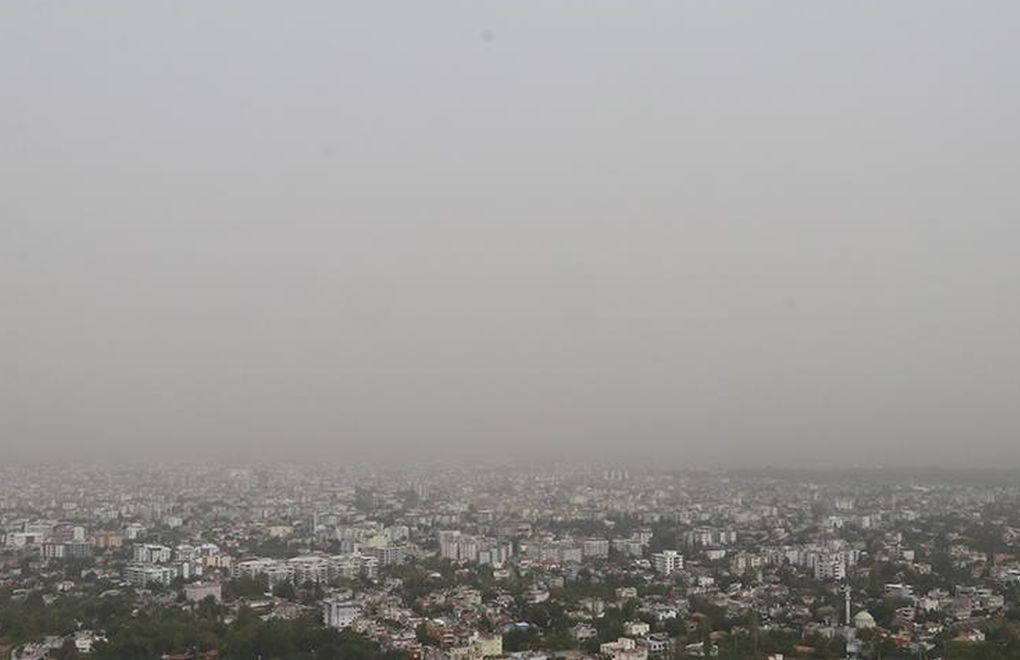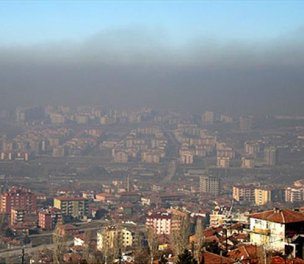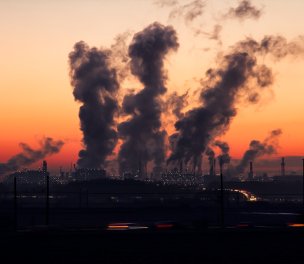Air pollution in Turkey during COVID-19 pandemic

* Photo: Anadolu Agency (AA)
Click to read the article in Turkish
In the first year of the COVID-19 pandemic, the students of İstanbul Technical University (İTÜ) Meteorological Engineering Department have conducted a study coordinated by Prof. Hüseyin Toros to find out how the air pollution has changed over the course of the past year.
As reported by the state-run Anadolu Agency (AA), the students of İTÜ analyzed the nitrogen dioxide (NO2) air pollution data obtained by air quality measurement stations of the Ministry of Environment and Urbanization and municipalities in 36 of 81 provinces in Turkey.
The analysis of the students has shown that air pollution has dropped by an average of 8 percent in these 36 provinces in a year.
11-percent decrease in İstanbul
Some details from the study are as follows:
- The biggest increase in air pollution has been observed in Adana province with 21 percent. Adana has been followed by Artvin province with 20 percent, by Düzce with 16 percent, by Kırklareli with 13 percent and by Eskişehir province with an increase of 12 percent.
- The biggest drop in air pollution has been observed in Kırıkkale with 38 percent. Kırıkkale has been followed by Kars with 27 percent, by Sinop with 25 percent, by Edirne and Balıkesir with 22 percent each.
- While air pollution has declined in 25 provinces of Turkey, it has increased in 10 provinces and not changed in one.
- As for İstanbul, the most crowded city of Turkey, air pollution has decreased by 11 percent in the city, when compared to the same month of 2020. While air pollution has dropped by 8 percent in Ankara and Bursa, it has increased in İzmir province by 5 percent.
Normalization has led to an increase
Commenting on the findings of the study, İTÜ's Prof. Hüseyin Toros has underlined that air pollution negatively affects both living and non-living beings, noting that it leads to physical damage and economic losses.
Referring to the reports of the World Health Organization (WHO), Prof. Toros has also stressed that indoor or outdoor air pollution is cited as the cause of death of around 7 million people every year.
Toros has indicated that according to these reports, air pollution is one of the biggest threats faced by humanity both directly and indirectly, considering that it leads to an increase in the incidence of pulmonary and cardiovascular diseases and causes climate change.
Referring specifically to Turkey amid the pandemic, Prof. Toros has said that people stayed home and did not use their vehicles after the coronavirus measures were introduced. While this situation led to a decrease in air pollution, human activities have increased with the introduction of the normalization steps, which has led to an increase in air pollution. (SO/SD)







